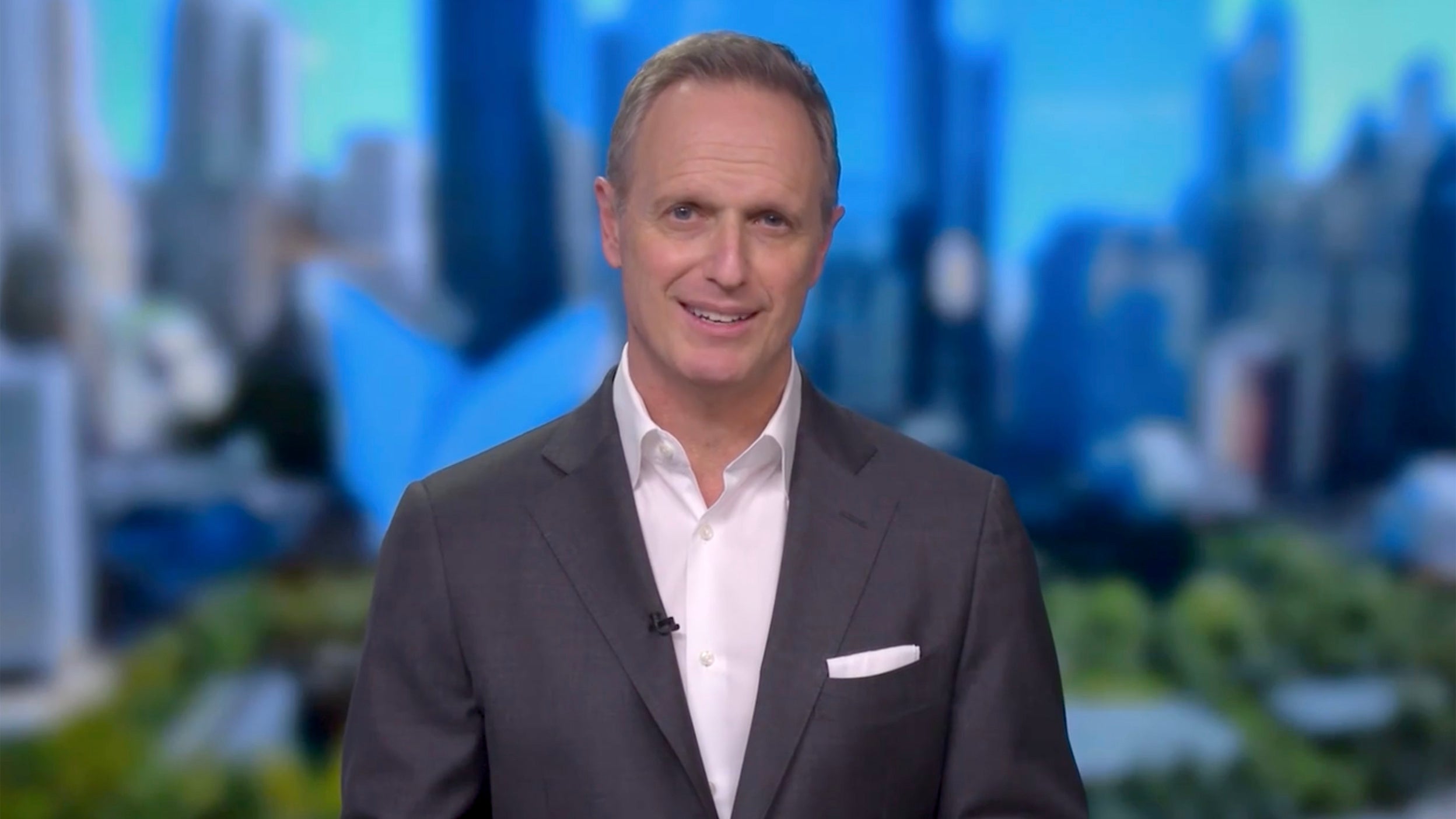Global Fixed Income Strategy Monthly Report
Get an analysis of important drivers of global fixed income markets, including macroeconomic trends, interest rates, currencies, and credit, in our monthly global strategy report.
In this edition:
Global macro strategy
We’ve revised our US growth outlook up, but expect sticky inflation. Europe should see better growth momentum, but UK growth may soften.
Interest rate outlook
US: We’re underweight US interest rates and expect them to modestly rise over the first half of the year.
Europe: We’re neutral on European rates and expect the European Central Bank (ECB) to stay on hold in the near term. We believe risks are skewed toward lower versus higher rates.
Currency outlook
US: We have a long-term underweight view of the US dollar and expect narrowing interest rate differentials to reduce its attractiveness.
Europe: We’re overweight the euro based on the expected US dollar weakness and an improved European growth outlook.
Global credit strategy
Geopolitics are front and center as we look ahead into 2026. Against these challenges, get our 2026 global credit outlook for investment grade, high yield, emerging markets, and Asian credit.






